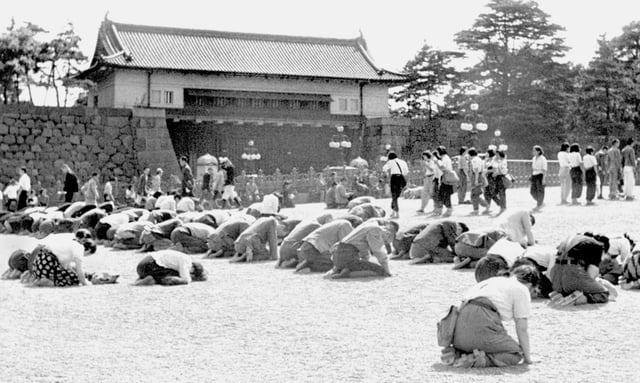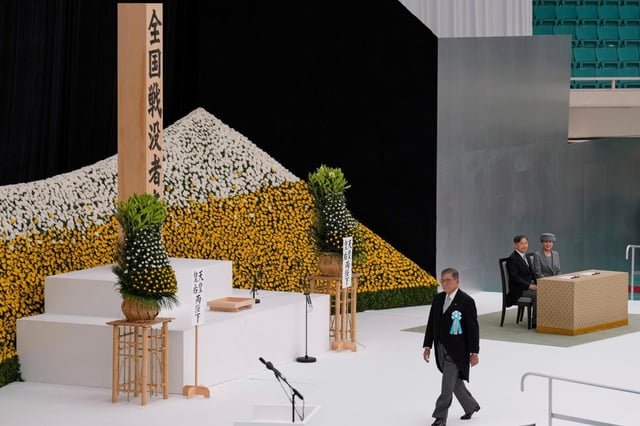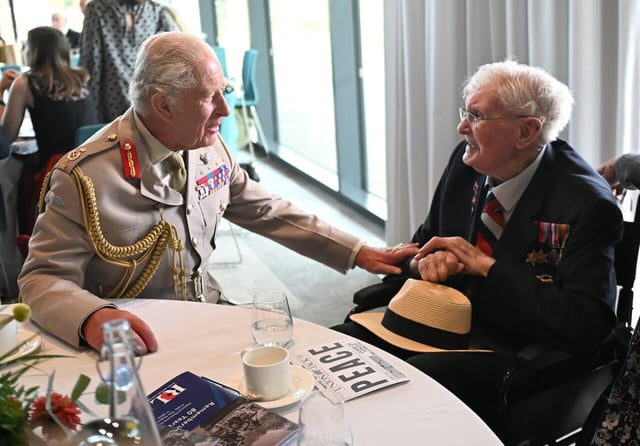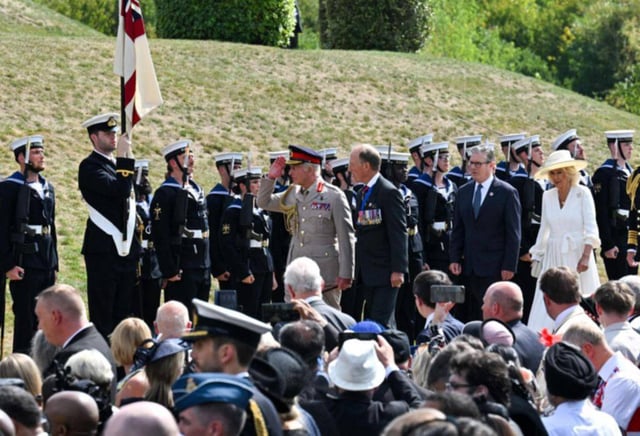Overview
- Prime Minister Shigeru Ishiba became the first LDP leader since 2012 to use the word “remordimiento” in an August 15 memorial address.
- Emperor Naruhito voiced “profundo remordimiento” and urged transmission of wartime lessons to younger generations without issuing an explicit apology to neighboring countries.
- Agriculture Minister Shinjiro Koizumi and other LDP lawmakers visited Yasukuni Shrine while Ishiba sent a ritual offering, triggering criticism from China and South Korea.
- China has declassified over 40,000 wartime records and mounted exhibitions and films as it prepares a Sept. 3 military parade reportedly inviting President Putin.
- More than half of participants in this year’s ceremony were born after 1945, spurring calls by Japanese leaders to preserve aging survivors’ testimonies amid rising regional frictions.



